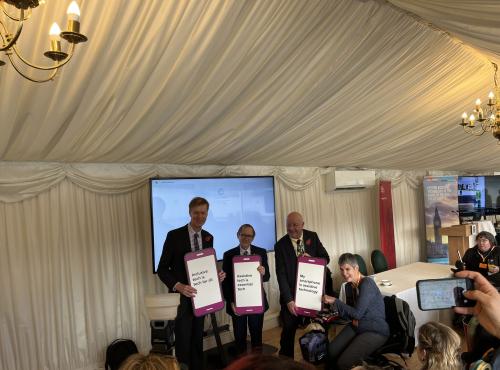Achieving net zero on the ground
In June 2019 the Government legally committed to reducing greenhouse gas (GHG) emissions to net zero by 2050. In very broad terms, this will require the UK to reduce emissions through greater energy efficiency and by switching to low-carbon fuels. However, to achieve this in practise will require rapid societal transitions and the coordinated actions of individuals, organisations, communities and local and national governments. These have been underexplored compared to the technologies and measures needed to reduce emissions and limit global warming to 1.5°C.
At the individual or household level, transport, domestic heating and diet are priority areas for changing behaviour to reduce GHG emissions. These are the sectors where specific household action is most needed and feasible, in addition to wider civic action and political engagement. Public engagement is an essential process within and alongside the development of policies, action plans and local interventions to support these behavioural changes.
Beyond the household level, it is increasingly recognised that communities and local authorities at regional, city and sub-city levels are well-placed to design and implement action plans to reduce emissions ‘on the ground’ and this roundtable will explore their vital role in meeting the UK’s net zero target.
Chairs:
Helen Hayes MP
Theo Clarke MP
Speakers:
Dr Sam Illingworth, Manchester Metropolitan University
Prof Andy Gouldson, University of Leeds



